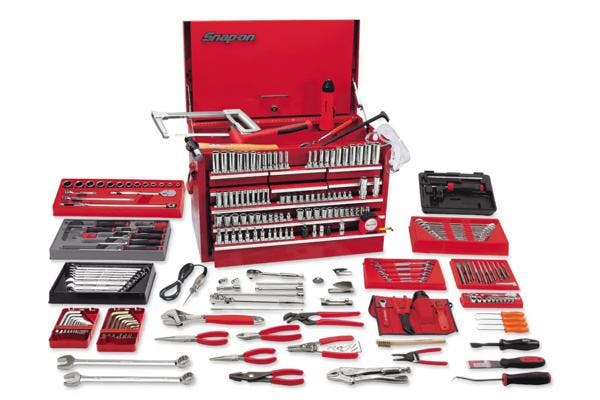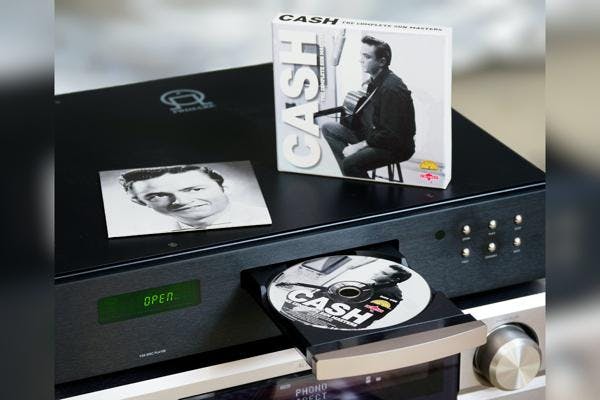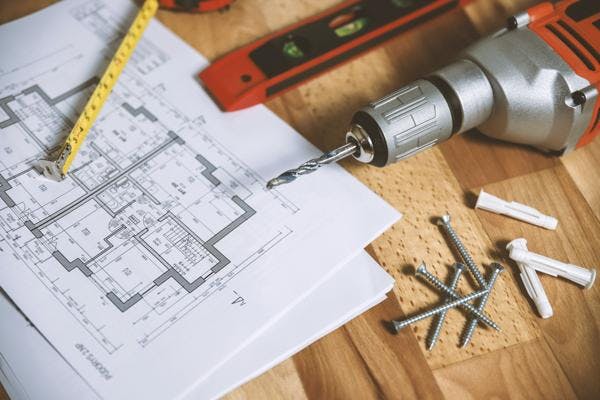
Unleashing the Value: Pawning Snap-on Tools at Pawn Shops
Many pawn shops pay top dollar for good condition tools and equipment.

Opening a pawn shop can be a good idea when you spend time planning and researching before investing your time and money. The pawn industry is stable and has been around for several thousand years dating back to early China. Given the industry’s long-term history, pawn shops will likely be in demand for the next 100 years, too. Pawn shops play an important role in our economy by providing short-term credit to millions of people every year.
This post will help you get started in your journey to opening a pawn shop. We will walk you through pawn industry statistics, and share resources and tips that will help you along your way. We encourage you to take your time researching the decision and making a business plan. Also, you can always reach out to our team by contacting us.
In this post, we will walk you through the following steps to open a pawn shop:
The foundation of all good investments is solid due diligence and research before deploying capital. New business ventures offer the allure of great fortunes, but they also present great risks, too. Research helps you identify the puts and takes of your new venture so you can get comfortable with the concept. Research forces one to think about the risk-reward trade-off of your new venture.
We recommend reading our post How pawn shops work if you are not already familiar with the intricacies of pawn shops.
Pawn shops tend to be very location-based
businesses. The National Pawnbrokers Association
estimates that 80% of a pawn shop’s business comes from within an 8-mile radius of the pawn shop. This means that
choosing the right location could be the single most import important factor in your business success.
Items you should consider include:
The pawn industry is regulated and pawn shops must follow many local, state, and federal laws. You should become familiar with all relevant laws.
We recommend that you find the answer to the following questions:
You can research a fair amount online, too. Avvo is a helpful website that enables you to ask legal questions and get free responses from lawyers.
We recommend that you study the pawn industry and become familiar with statistics. A good starting point is our Pawn Industry Statistics post. Other good resources include:
According to IBIS World and the US Census, approximately 70,000 people work in the pawn industry and about 9,000-10,000 pawn shops operate in the United States.
People employed in the pawn industry
Number of pawn shops in the United States
According to the FDIC, approximately 4% of under-banked US households used a pawn shop for a short-term loan in 2021. This figure has drifted down over the years from a peak of 8.2% in 2011. Pawn shop loan demand tends to be counter-cyclical, which means that demand for pawn shop loans increases when the economy worsens.
FDIC Survey Use Of Short-Term Loans By State In 2021
According to Zippia, approximately 54% of pawnbrokers are men and 46% are women. The median income for a pawnbroker is about $65,000.
Pawn shops tend to specialize in specific categories such as jewelry, gold, silver, tools & equipment, antiques, collectibles, guns, consumer electronics, and more. The National Pawnbroker Association estimates that more than half of all pawn shops specialize in jewelry.
Specializing in certain categories such as jewelry or watches means that you will have to learn category-specific knowledge and acquire category-specific equipment to operate your pawn shop. For example, pawn shops that specialize in watches need to have the equipment and expertise to inspect, authenticate, and repair high-end watches like Rolex.
The categories you choose will determine how much floor space you require, too. Jewelry tends to be a favorite because it is small and valuable. Other items like furniture might take up a lot of floor space. You should ask the following questions:
The pie chart below shows a basic breakdown of FirstCash’s US pawn shop categories:
First Cash Categories By Region
Writing a business plan helps you outline your strategy and it can also be used as a reference when you are raising funds from friends, family, or a bank. Business plans also help you identify voids that you had not previously considered beforehand.
You can download free business plan templates at Microsoft Office and bplans.com. Also, the Small Business Administration features helpful business plan resources.
Common components of a business plan include:
Pawn shops are local businesses, which means that you will serve the local community and deal with local officials on a regular basis. Given the regulated nature of pawn shops, you should get to know key persons at local law enforcement and understand the local officials who will oversee your business.
Local officials can be a great ally when you are starting a pawn shop. Often local officials know the right people to contact when you have a specific question, and they can help you better understand required filings and licenses.
Many regions require pawn shops to report pawn ticket information to a centralized database shared with law enforcement. This helps track and identify stolen merchandise. As a pawn shop owner, you want to avoid stolen goods because they can lead to legal or financial problems (read more in How pawn shops deal with stolen property).
We recommend that you reach out to:
Opening a pawn shop can be a great idea and profitable when you do your own research and create a good business plan. Take your time planning, and do not rush into the decision. We recommend talking with experts and finding other pawn shop owners who will share details about their own journey.
💬 Be the first to leave a comment

Many pawn shops pay top dollar for good condition tools and equipment.

Learn how to sell your good condition designer sunglasses to pawn shops

Learn how you can exchange Christmas gifts at pawn shops for cash

Learn how to get the most money at pawn shops for your rare Pokémon Cards.

Many pawn shops still buy and sell DVDs and DVD players. Learn how much money pawn shops will offer.

Pawn shops are an essential part of the economy. Learn how you can start a profitable pawn shop in your local region.